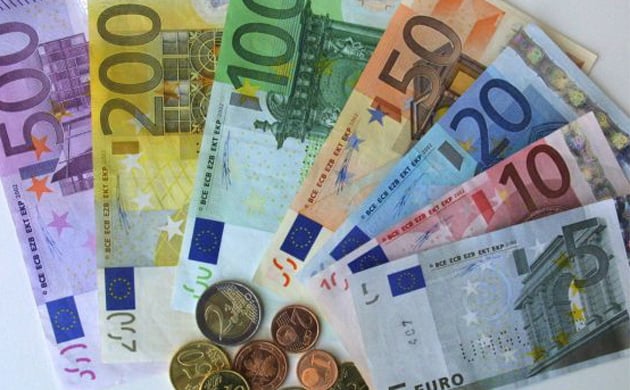With less than 48 to the official end of the United Nations-brokered climate talks here at Le Bouget, Paris, the African civil society is urging world leaders to seize the unique opportunity to reach a comprehensive, fair, ecologically just and legally binding agreement.
“The time for posturing and sloganeering is over; it is time to make a deal. Paris may be the last chance we have to break the standoff that has prevented adequate climate action for decades. Negotiators can make history this week, but it is up to them to lead and not to fail,’ Rebecca Muna of ForumCC, a Tanzanian civil society group said.
After several days of behind-the-scenes negotiations, the French Foreign Minister, Laurent Fabius, acting as President of the talks published a 29-page draft agreement on Wednesday, December 09, 2015. Though 20 pages fewer than an earlier draft, some of the provisions are still in bracket or presented as options signaling work left for negotiators.
Finances, the level of ambition and differentiation are among some of the sticky issues.
“Among the burning issues at the core of the negotiations are how the agreement will differentiate between countries to determine their responsibility to act, how country’s initial commitments will be assessed for their adequacy and fairness, how financial support for poor nations will be included in the new agreement, and how developed countries will meet their promise to mobilize $100 billion by 2020 in funding to support climate action in poor countries,” Augustine Njamnshi from BCDP, a Cameroon civil society group and Technical/Political Affairs Chair of Pan African Climate Justice Alliance (PACJA) said.
While welcoming current pledges made to the Green Climate Fund, this alliance of more than a thousand African civil society groups say, “this is not enough – particularly from the adaptation point of view.”
“The total amount in the Green Climate Fund so is far is even too little for adaptation actions in Africa alone given the latest estimates of the UNEP Adaptation Gap Report, which says that costs for adaptation alone could rise to a level of 100 to 200 billion dollars per year in 2050 even if the 2-degree limit is kept.”

“The total amount in the Green Climate Fund so is far is even too little for adaptation actions in Africa alone given the latest estimates of the UNEP Adaptation Gap Report, which says that costs for adaptation alone could rise to a level of 100 to 200 billion dollars per year in 2050 even if the 2-degree limit is kept” argues an alliance of African civil society groups
According to Azeb Girma of LDC Watch “there is serious need for financial support for adaptation in African countries, therefore GCF pledges need to increase. For the 2020 goal of 100 billion dollars per year, Paris is yet to make any serious progress on clarifying a pathway to achieve it.” Additionally, the question of how climate finance can be scaled up predictably after 2020 remains unresolved with some developed countries obstructing discussions of a post-2020 pathway,” Azeb, added.
Critical Point
Meantime, other actors present here at Le Bouget have reacted to the draft agreement published today at the talks.
“The next 24 hours are critical. This is where the real negotiations will begin. We really need countries to fight to keep in the high ambition options on climate finance, the long term decarbonisation goal and a ratchet mechanism to ensure the agreement evolves to meet the needs of a changing world” says Mohamed Adow, Senior Climate Advisor at Christian Aid.
Union of Concerned Scientists Director of Policy and Strategy, Alden Meyer said “It’s encouraging to see a cleaner text that contains fewer brackets as a result of agreements being reached on issues like technology development and transfer and capacity building. However, the agreements on the core political issues—the long-term goal, review and revision of INDCs, transparency, loss and damage, and finance—have yet to be resolved. We’re now at the critical point of the negotiations. Over the next day or two, ministers need to rise above their differences to create a final agreement that rapidly transitions the world to a clean energy economy and allows us to avoid the worst impacts of climate change.”
Oxfam’s Executive Director, Helen Szoke, said there is a long way to go. “The chance to set new funding targets from when the Paris deal comes into force in 2020 is still very much on the table and needs to stay there if developing countries are to have any hope of more support in the years ahead. Adaptation hangs on a thread but there is recognition of the need for grants and innovative sourcing to help meet climate funding needs. Despite women being most affected by climate change, any reference to gender equality has been dropped.”
